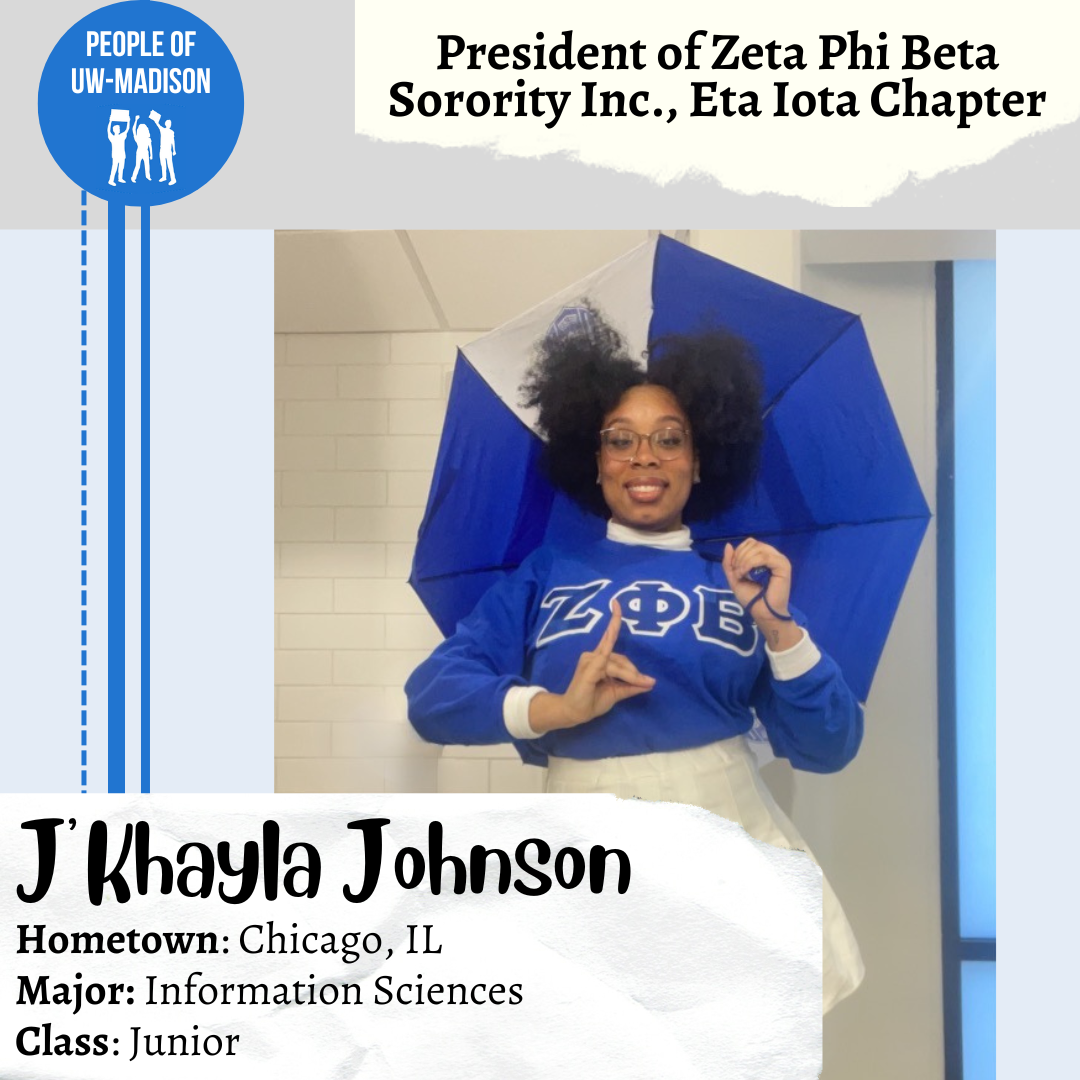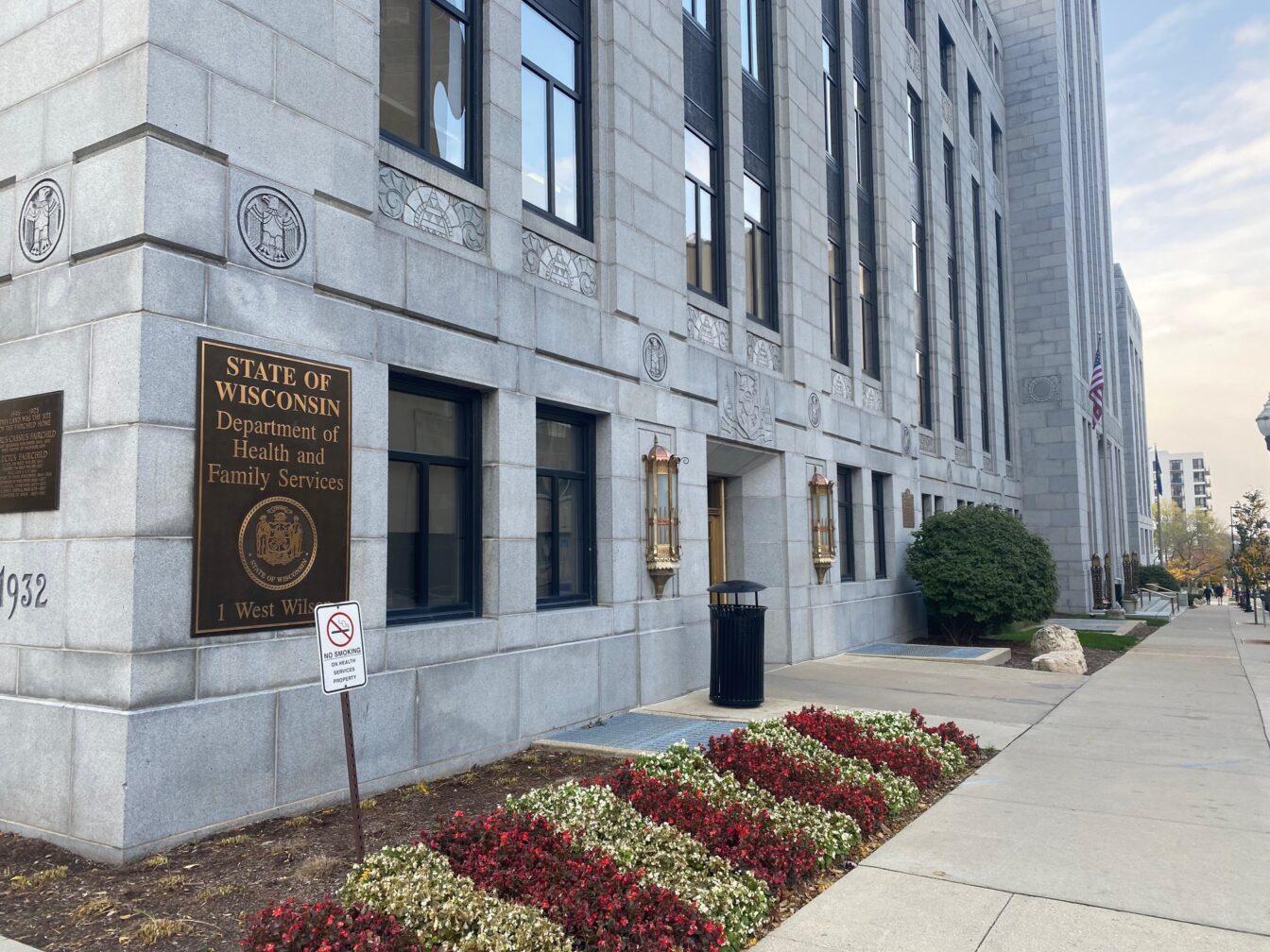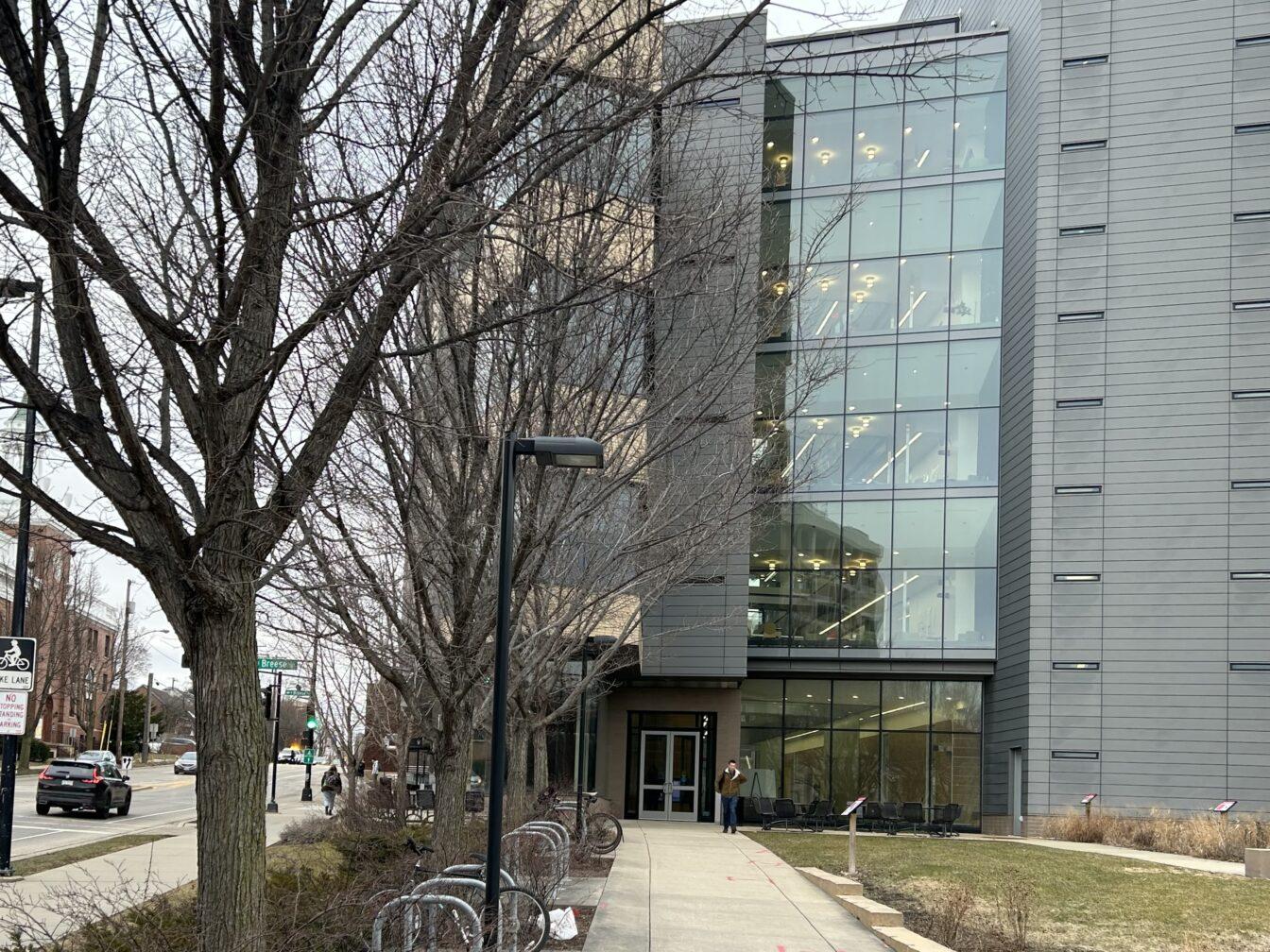
Tenzin Gyatso’s trademark chuckle echoed through Madison’s Overture Center for the Arts Wednesday, during what he, the 14th Dalai Lama, described as a “peaceful atmosphere” to simply “talk with another human being.”
The 78-year-old Tibetan holy figure, who was adorned in his Buddhist monk robes and a baseball cap, was joined by distinguished individuals in fields ranging from economics, neuroscience, journalism and psychology in two panel discussions on global health and sustainable well-being.
A sold-out crowd welcomed the series titled “Change Your Mind, Change the World,” moderated by Daniel Goleman, a psychologist and science journalist, and Arianna Huffington, founder and editor-in-chief of The Huffington Post. The Center for Investigating Healthy Minds hosted the event in conjunction with the University of Wisconsin’s Global Health Institute.
In addition to his standard role as a teacher and professor of wisdom, the Dalai Lama took the part of a student, posing questions, and attempting to glean new insight from all of the panelists, who updated him on their research and areas of study.
The panelists, most of who shared stories of previous encounters with the Dalai Lama and cited him as an inspiration to their life work, addressed global health in the individual, regional and planetary context, emphasizing the connection between mental and physical well-being-an area closely related to the Dalai Lama’s teachings.
“There’s no more important conversation going on in this planet than the conversation that has been going on at this conference,” Huffington said in an introduction to the afternoon panel.
The Dalai Lama, who has been touring Madison since Monday, shared his commentary between speakers, responding to the presentations of his peers and adding his personal insight. He emphasized the importance of Buddhist psychology, a factor of spiritually he finds separate from faith and the Buddhist religion.
After receiving clarification on the connotation of the word ‘”secular” from English economist Lord Richard Layard, the Dalai Lama said the word is not “anti-religion.” He concluded that if people, from kindergarten to the university, are educated and trained in “secular ethics,” widespread happiness can be achieved.
Layard, who said the Dalai Lama’s words had previously inspired him, cited the idea of secularism in naming the two fundamental aspects necessary for a more peaceful world.
“There basically are two facts that we need to bring together: Everybody would like to be happy, and, two, each human being is equally important,” Layard said. “And if we can get everybody to accept that secular ‘every human being is important’ then we can try and create as much happiness in the world that we can. And we have to get to that point without mentioning the deity. That is what is essential to the secular morality.”
According to the Dalai Lama, the only path to instilling such “secular morality” is through education and the training of the human mind.
Richard Davidson, founder and chair of the Center for Investigating Healthy Minds at the Waisman Center, reiterated the idea that mental health and focus of the human mind is connected with the happiness and physical health of the individual and the community.
A push for further international focus on mental health was a common thread among the panelists, many of whom cited mental illness as a root cause in disparity, unhappiness and economic inefficiency. Huffington even questioned a connection between “burned out human beings and burning out the planet.”
The Dalai Lama agreed with such a notion, restating his role as an advocate for education on such issues.
Emphasizing the power and complexity of the brain and its impact on the body and community, the Dalai Lama said, “the proper way to deal with the human mind, is with the mind itself.” Secular training on the importance of human connection, altruism, kindness and mindfulness from a very young age is the solution to world peace, he added.
“I always stress the importance of education, not faith, education,” he said, adding the need to systematically educate people.
“There is sufficient material to educate people. I think there is possibility,” the Dalai Lama said. “Better world means more compassionate world…then peaceful world.”
























